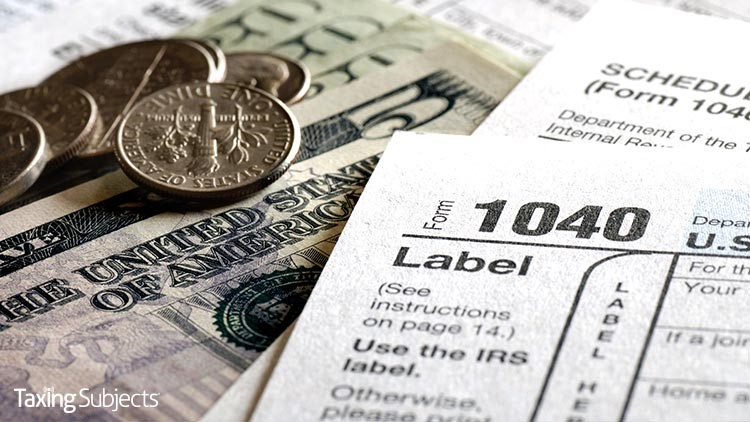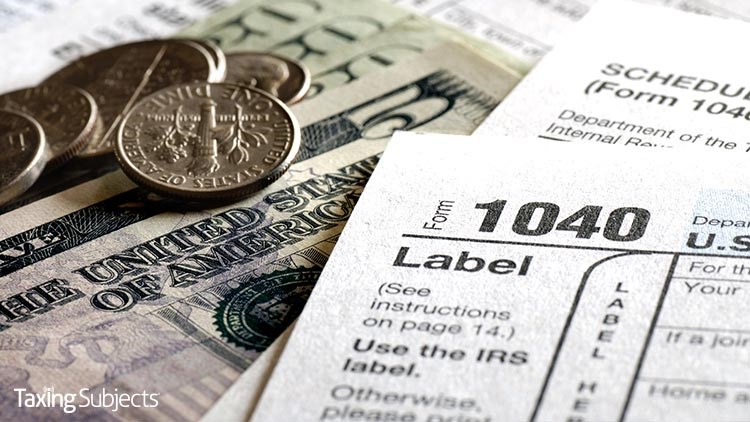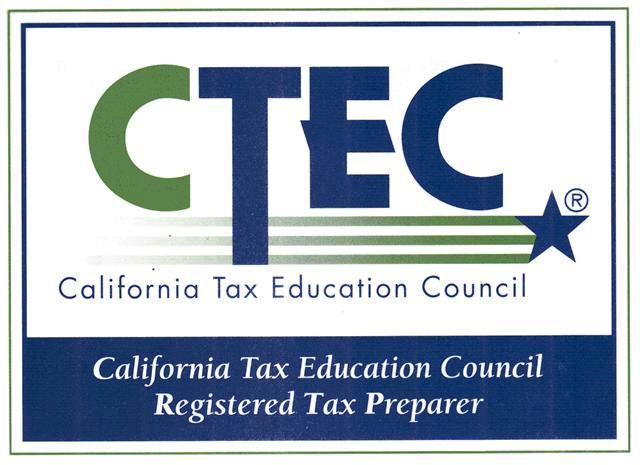
IRS to Taxpayers: Don’t Miss Next Week’s Filing Deadline!
The IRS this week reminded taxpayers that the filing deadline for those with a tax extension is Tuesday, October 15, 2019.
Generally, taxpayers who request an extension are given an extra six months to file their tax return with the IRS. While most tax extensions will need to be filed by October 15, the IRS noted in their tax tip that there are some exceptions—highlighting two groups in particular: members of the military and natural disaster victims who meet certain requirements.
Military members returning from combat zones usually have an extra 180 days to file and pay. The areas recognized as combat zones for the purposes of this extension and other requirements can be found on the IRS “Combat Zones Approved for Tax Benefits” web page.
Taxpayers with a residence or business in a federally-declared disaster area may also qualify for tax relief, which generally means extra time to file their tax return and pay their tax bill. While disaster-related tax relief is automatically applied to qualifying taxpayers, taxpayers who aren’t sure about their status can contact the IRS. Recent tax-relief announcements and resources can be found on the IRS “Tax Relief in Disaster Situations” and “FAQs for Disaster Victims” pages.
The release also reminded extension filers about the new Form 1040 for tax year 2018, how they can pay any tax owed, and the benefit of tax planning for tax year 2019.
When it comes to the new Form 1040, the IRS said, “[It] consolidates Forms 1040, 1040A, and 1040-EZ into one form that all individual taxpayers will use to file their 2018 federal income tax return.” To assuage worries about needing to learn updated forms (like the new Schedules 1 through 6), the agency said that tax software tends to make the transition “seamless.”
A major misconception about getting a tax extension is that it also gives taxpayers more time to pay tax owed. Every year, the IRS reminds taxpayers that the deadline for payment remains April 15 (unless a federal holiday bumps Tax Day), and that any delay in submitting payment can mean owing penalties and interest.
To help taxpayers get square with the IRS, the agency provided links to several online resources for those who still need to pay their tax year 2018 taxes:
The IRS said that taxpayers can check their account on IRS.gov for more information about their tax situation: “[Taxpayers can] view their balance, payment history, pay their taxes, and access tax records through Get Transcript.”
Finally, the IRS recommended that taxpayers perform a “Paycheck Checkup” before the end of the year. Many taxpayers found that they owed a surprise tax bill when they filed their tax year 2018 return due to Tax Cuts and Jobs Act-related changes in withholding. They said that there’s still time to avoid a similar situation on their tax year 2019 return.
The updated Tax Withholding Estimator on IRS.gov can help taxpayers discover if they need to withhold more money from their paychecks—though “taxpayers should have their 2018 tax return available when using the tool.” That means filing an extension return on time will help taxpayers better prepare for next filing season.
Source: IR-2019-163





